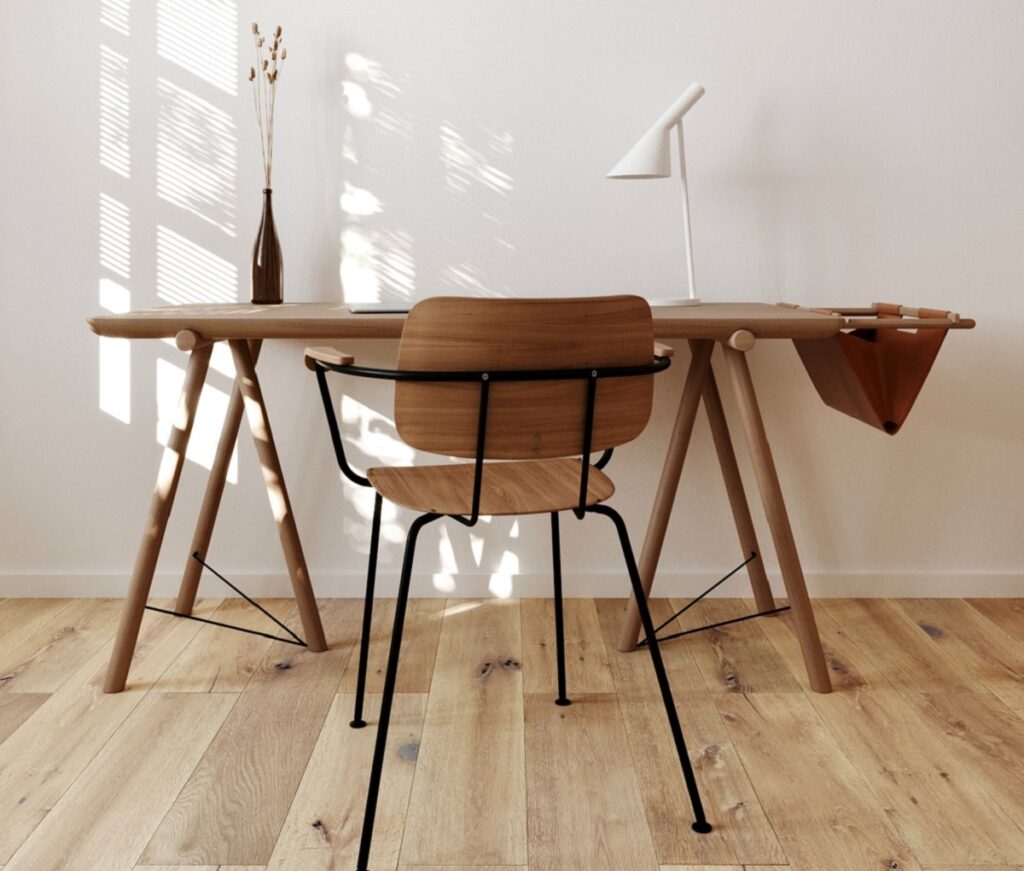Are you considering renovating your home and giving it a fresh and new look? Look no further, as vinyl floors could be the perfect solution. In this article, we will explore the features and advantages of vinyl floors and how they can transform your living space.
The basics of vinyl floors
Vinyl floors are a synthetic material designed to mimic the appearance of more expensive flooring options, such as hardwood or ceramic tiles. They are made from a combination of PVC resin, plasticizers, and stabilizers, which give them durability and versatility.
Characteristics of vinyl floors

Durability: Vinyl floors are known for their durability, making them an ideal choice for high-traffic areas in your home. They are scratch-resistant, stain-resistant, and waterproof, making them perfect for families with children or pets.
Easy maintenance: One of their main advantages is that they require little maintenance. They are easy to clean and only need regular sweeping and occasional mopping to keep them looking like new.
Wide variety of designs: Vinyl floors come in a wide range of designs, colors, and patterns, allowing you to choose the perfect style that suits your home décor. Whether you prefer a modern or traditional look, vinyl floors have what you need.
Comfortable to walk on: Unlike other hard flooring options, such as tiles or hardwood, vinyl floors offer a softer and more comfortable surface to walk on. Additionally, they provide insulation that helps reduce noise in your home.
Advantages of vinyl floors

Vinyl floors offer numerous advantages that make them an excellent choice for homeowners looking to update their living spaces:
Affordability: Vinyl floors are relatively inexpensive compared to other flooring materials, such as hardwood or ceramic tiles. They provide a cost-effective solution for homeowners on a tight budget.
Easy installation: The installation process of vinyl floors is relatively simple and can often be done as a DIY project. They can be installed over existing subfloors, saving you time and money by not having to remove the previous floor.
Moisture resistance: Due to their moisture resistance, vinyl floors are an excellent choice for bathrooms, kitchens, or basements. Their water-resistant properties help protect your floors from potential damage caused by spills or moisture.
Longevity: Vinyl floors are known for their durability and longevity. With proper care and maintenance, they can last for many years, making them a smart investment for your home.
Versatility: One of the main advantages of vinyl floors is their versatility. They can be installed in any room of your home, even in areas with high humidity or uneven subfloors, thanks to their flexibility and adaptability.
Different types of vinyl floors according to their presentation

There are different types of vinyl floors according to your needs and costs, so you have an idea when deciding and choosing one of them, such as:
Sheet vinyl floors: In this case, they come in rolls or coils and are very flexible, as well as waterproof. It is important to be careful when installing them and keep in mind that they are not very tolerant to heavy or sharp objects and can quickly scratch or mark.
Vinyl tiles: They are the most traditional option, with a wide range of colors and textures. Ideal for any space, they are very resistant.
Adhesive installation: In this case, vinyl floors require glue and are more economical, coming in a wide range of designs. They also have great resistance and flexibility.
Opendeco, decoration news in Spanish











